
Trump DOJ Defunds National Prison Rape Resource Center
A letter obtained exclusively by The Appeal says Trump’s Department of Justice has cut all funding to the Prison Rape Elimination Act Resource Center.

A letter obtained exclusively by The Appeal says Trump’s Department of Justice has cut all funding to the Prison Rape Elimination Act Resource Center.

At least six people at Red Onion intentionally lit themselves on fire last year. Now, prisoners say staff are forcing people to comply—or cutting their electricity.

“We are not just training dogs — we are training ourselves to be better humans.”
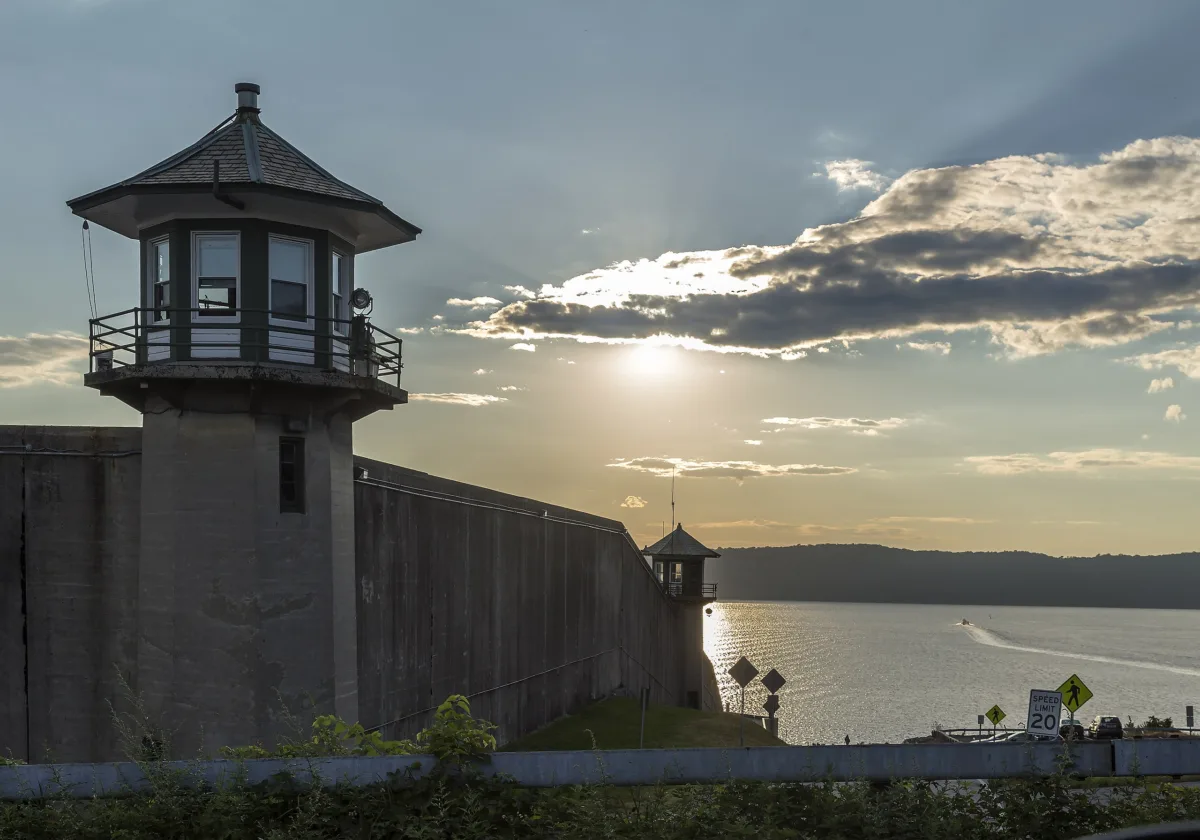
I’ve been in prison for 42 years. After New York State closed my facility, it sent me to Sing Sing—a prison filled with tension and violence.

For more than 10 years, a group of incarcerated men have said Illinois prison guards forced them into painful stress positions and forced them to rub their genitals on one another.

I was raised an Eagles fan. Their Super Bowl win reminded me of painful lessons my father and his father gave me.
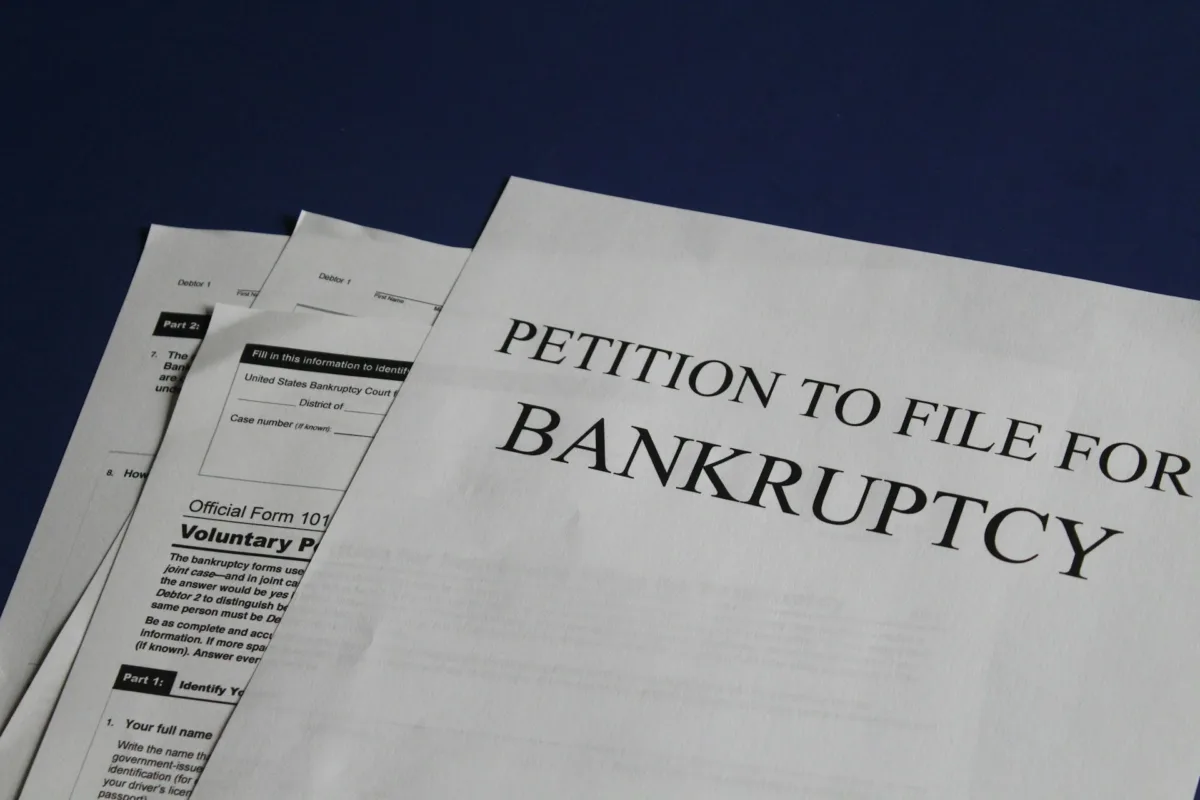
Wellpath, one of the nation’s largest private correctional medical contractors, has conveniently filed for bankruptcy as it faces scores of lawsuits for alleged neglect and misconduct.

I was recently moved to a cell with a window after years without one. I never realized how much I’d taken nature for granted.

I spoke to the people incarcerated with me about the 2024 election. They want more than a Democratic Party that abandons incarcerated people, offers little, and focuses on demonizing its opponents.

Spending Christmas in prison and away from my family leaves me depressed. But, after the guys on my unit started a Secret Santa, I briefly felt a happiness that eluded me for years.
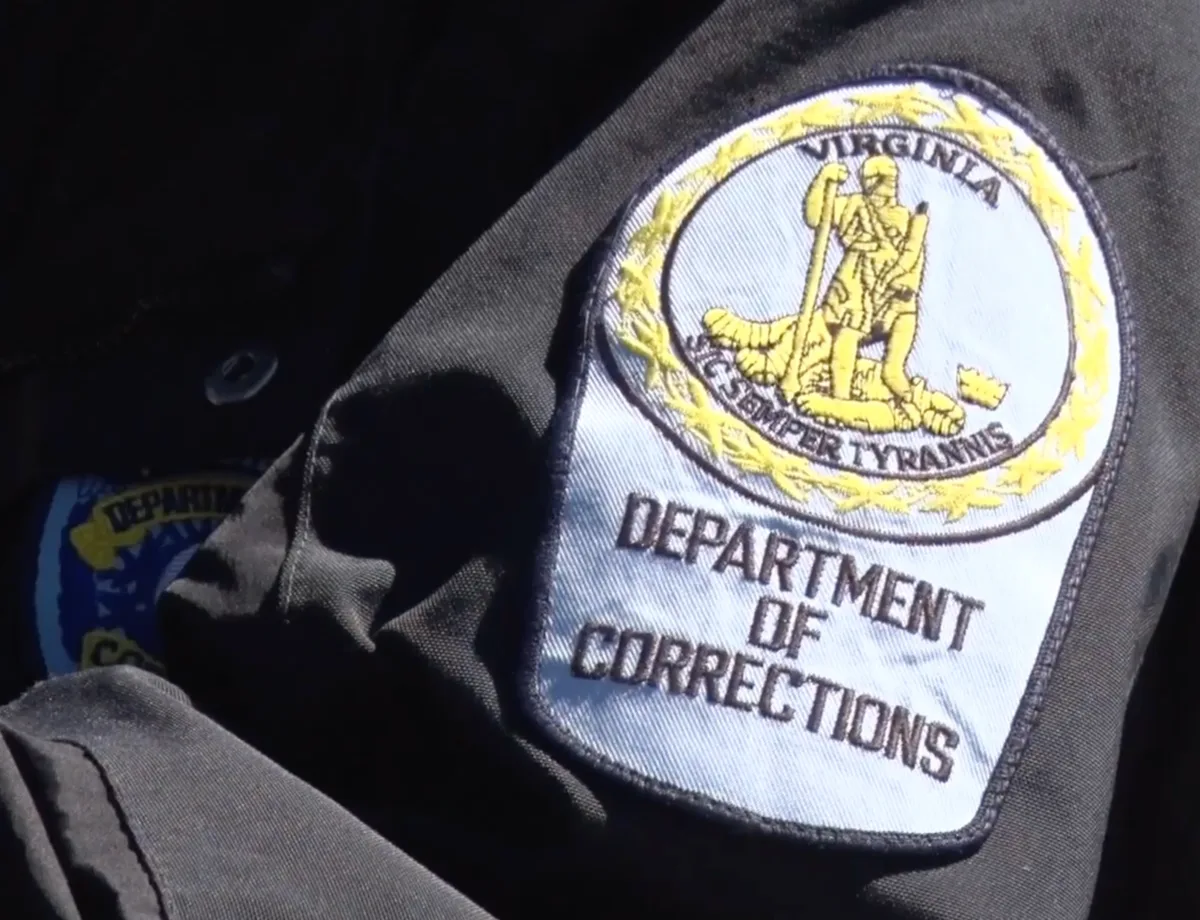
Emails show Virginia Department of Corrections officials discussing how to punish people at Red Onion State Prison who self-immolated.
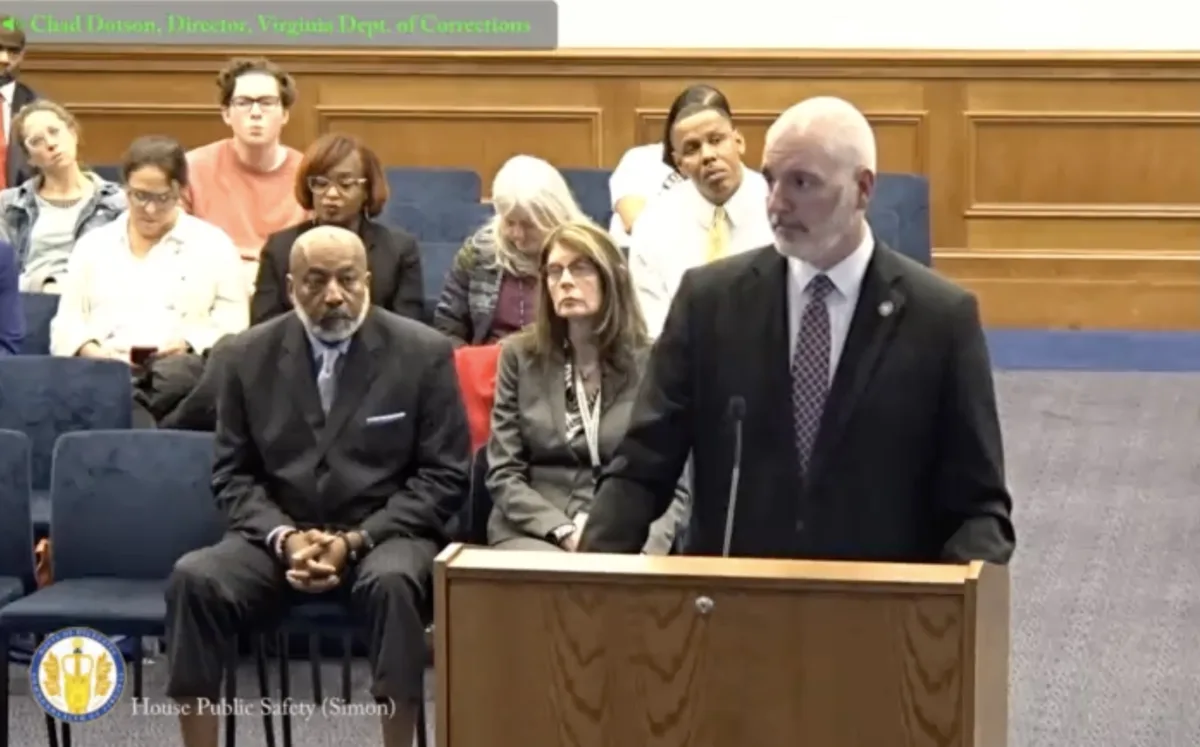
At least six people incarcerated at Red Onion State Prison intentionally burned themselves to get transferred out of the notorious facility.

A state spokesperson confirmed six men at Red Onion State Prison in Western Virginia used “improvised devices” to give themselves electrical burns.

With heat waves sweeping across the country, incarcerated people in states with traditionally milder climates are facing brutal conditions that have long plagued the South and Southwest. A survey by The Appeal reveals that many of the hottest states house prisoners in units without air-conditioning.
In total, 44 states lack universal air conditioning requirements in their prisons. A new federal program called the Greenhouse Gas Reduction Fund could help catalyze action.
As advocates fight to provide relief to incarcerated people, officials are resisting many measures that could help prisoners combat the heat.

The birds quickly became the talk of the unit. Suddenly, everyone was an ornithologist, claiming to know whether barn swallows were endangered.
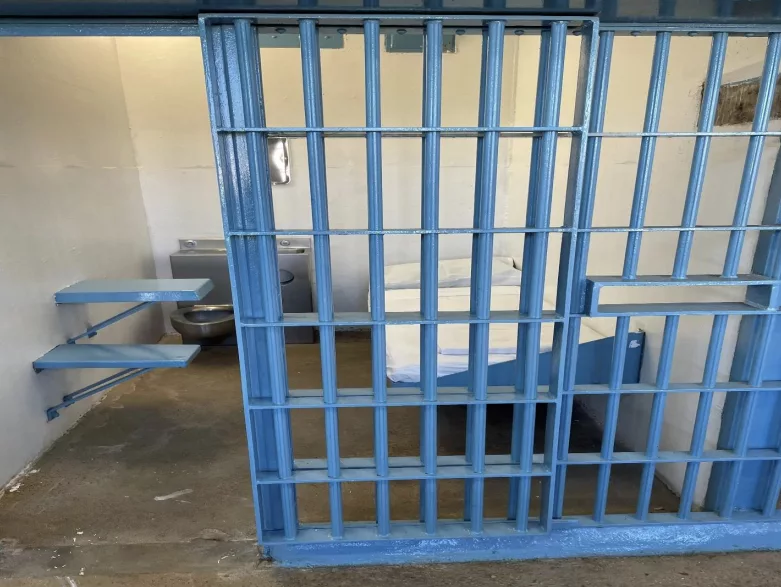
With heat indexes in the area regularly hitting triple digits, children incarcerated at Louisiana’s Angola prison have been locked in windowless cells for nearly 24 hours a day. One medical expert says the conditions put lives at risk.
The conditions I faced were outrageous. But the prison administration’s justification for keeping me in the hole was even worse.
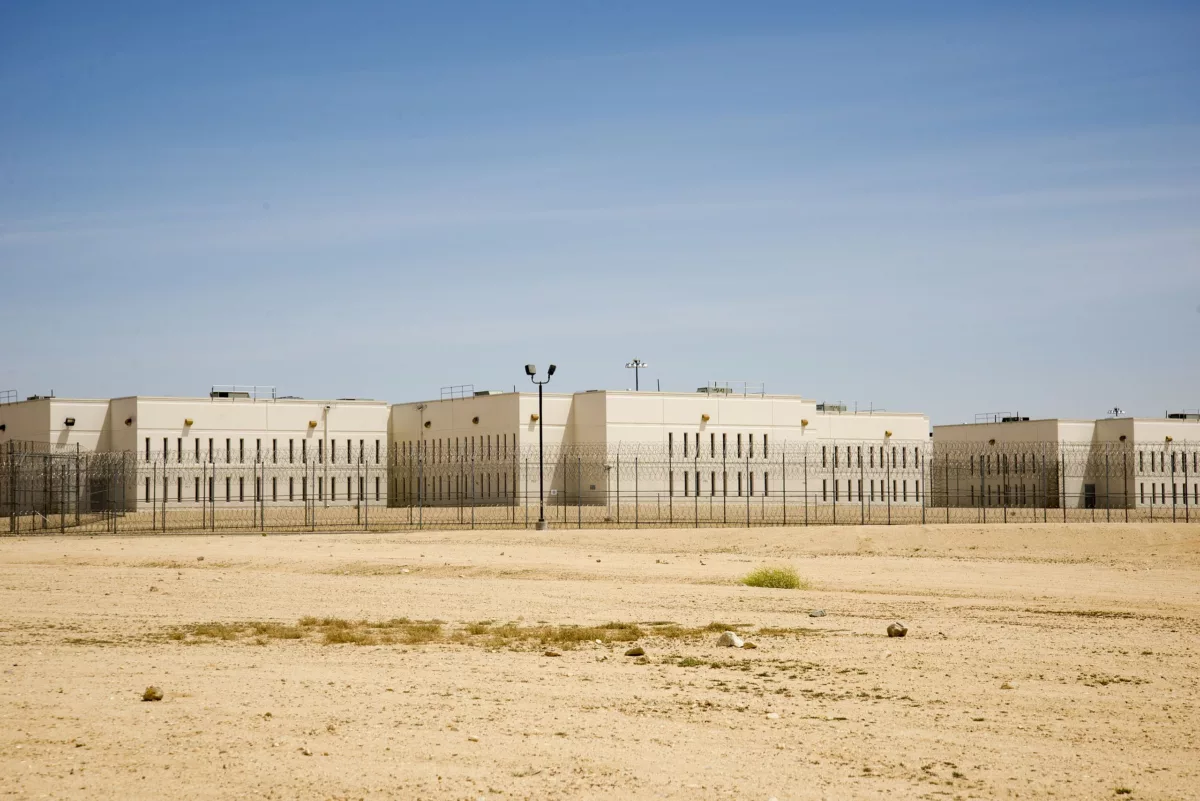
A new survey of more than 500 people incarcerated in California state prisons warns that large numbers of people have been subjected to extreme heat, dangerous cold, flooding, and wildfires.

Issues of mismanagement and sexual misconduct have put federal women’s prisons in the spotlight. But one scandal-plagued facility—FCI Tallahassee—has escaped serious scrutiny, even as an Appeal investigation reveals an ongoing history of sexual violence, retaliation, and other constitutional abuses that have left prisoners living in fear.
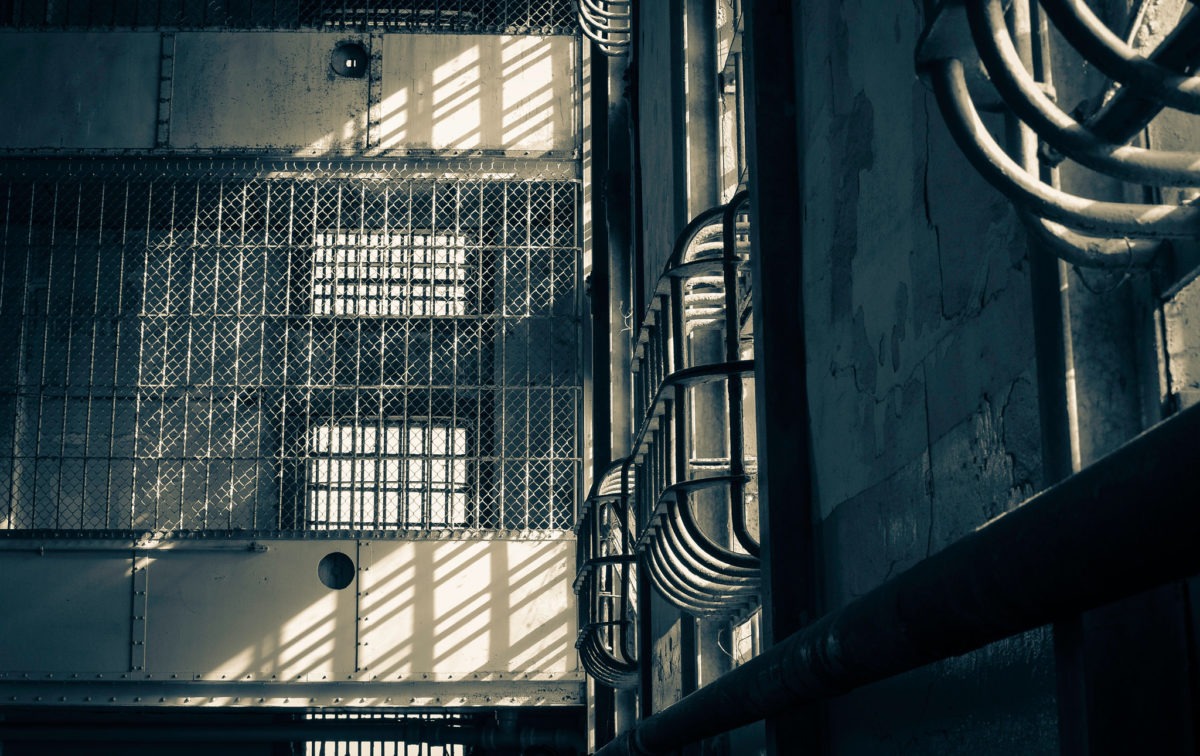
More than six years into DOJ probes, the conditions inside Georgia prisons have only further deteriorated.
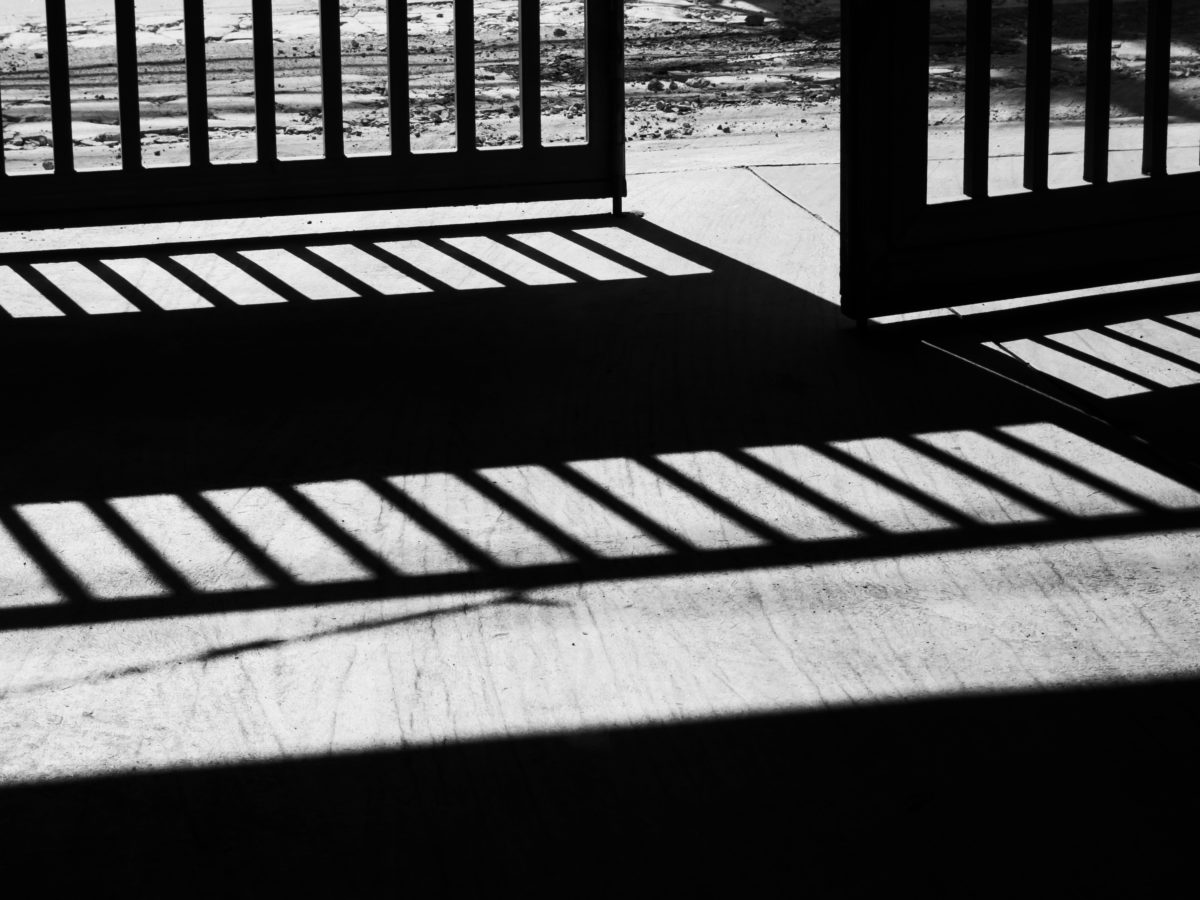
Incarcerated people need opportunities to learn and grow.
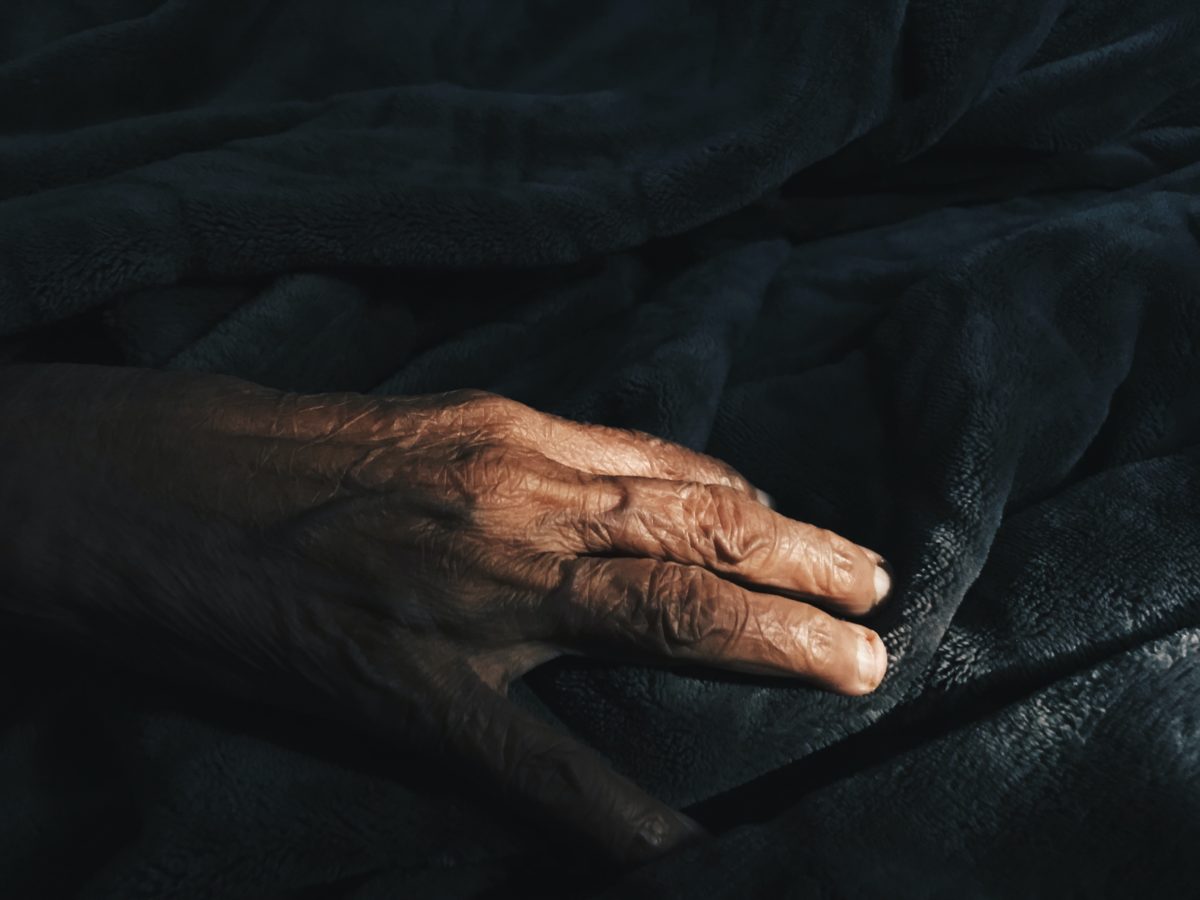
Thousands of elderly people are released from U.S. prisons each year, and advocates say states urgently need to scale up their capacity to provide them with compassionate care.
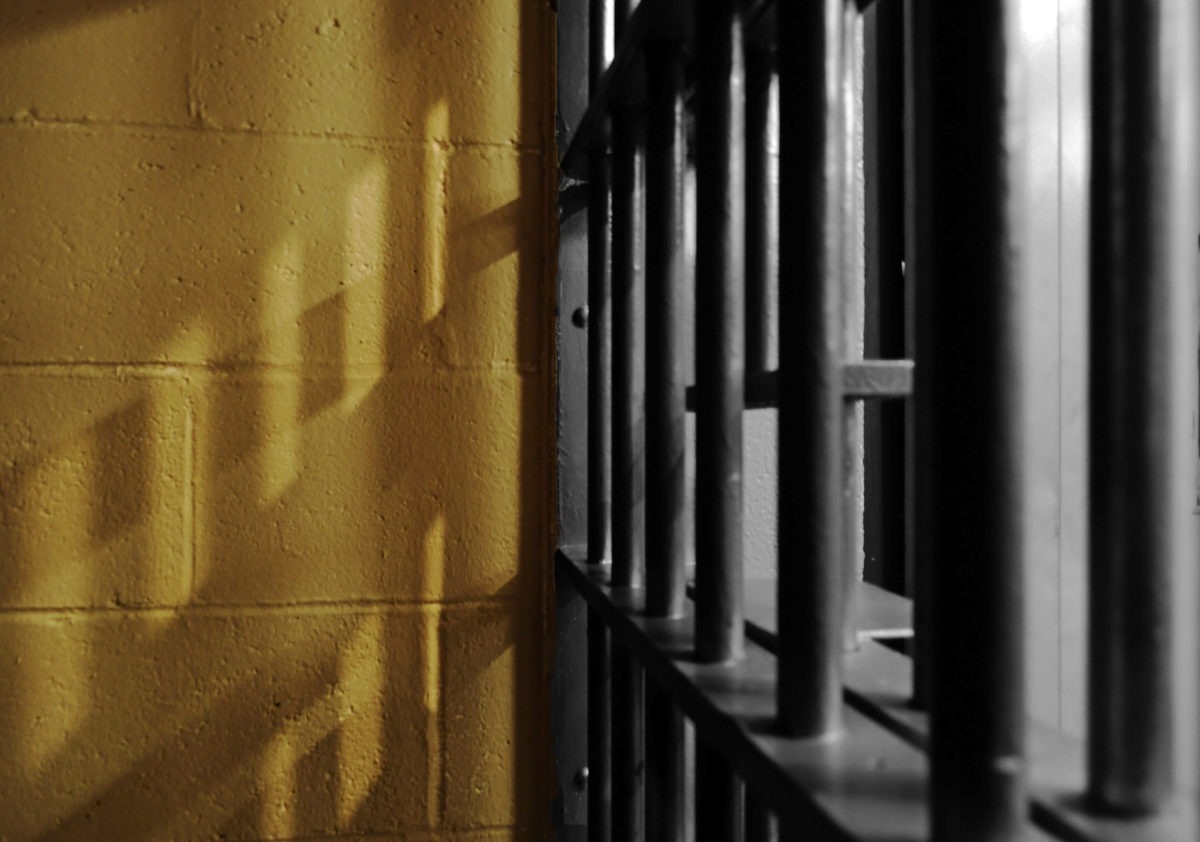
I wanted to have a better diet in prison. But when you’ve been stripped of your freedom, it can be impossible to make the “right” decisions.

An incarcerated writer reflects on what her “going home” story will look like when home no longer exists.
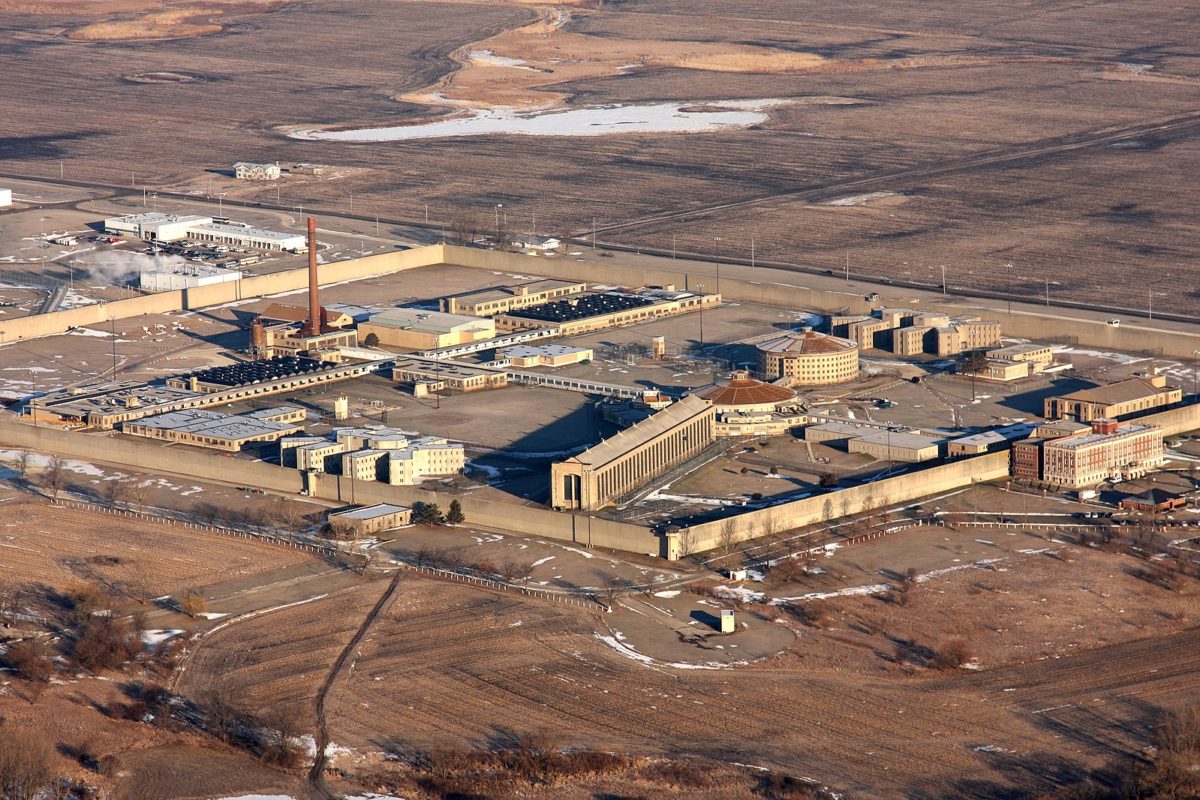
Corrections officials confirmed finding legionella at five facilities over the past 12 months.
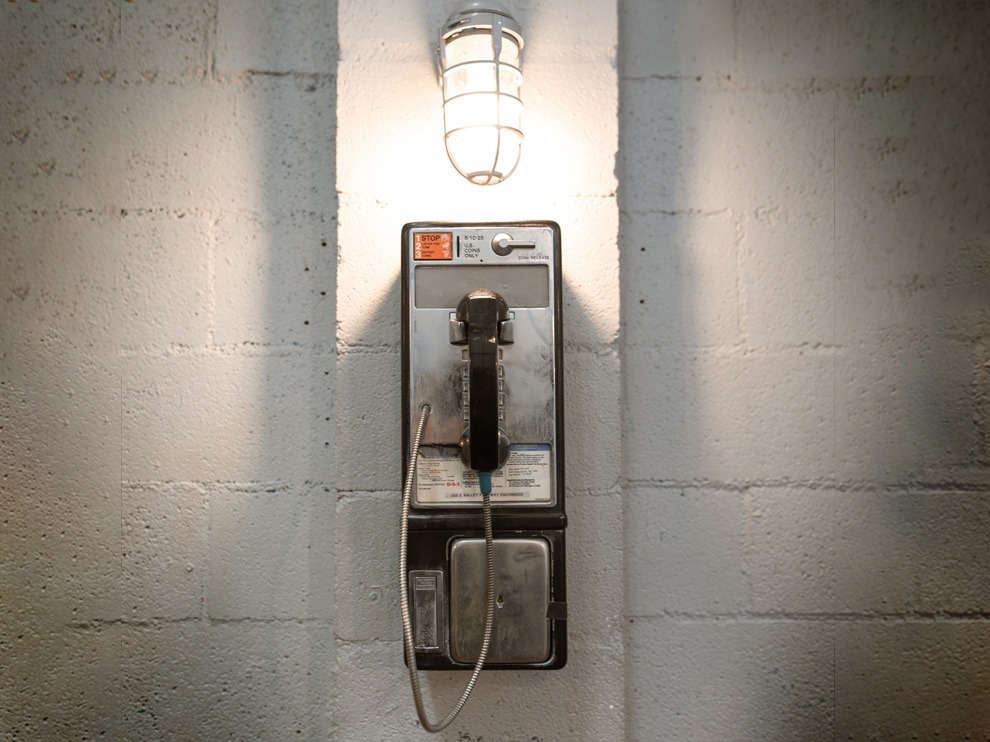
Sky-high costs, fear of retaliation, and isolation create roadblocks for incarcerated people to join conversations about reform.

Inside New Jersey’s Bayside State Prison, corrections officer John Makos allegedly tortured incarcerated kitchen workers. In one incident, he approximated a “crucifixion” by handcuffing his victim’s outstretched arms to fences and doors, then beat him, according to a criminal complaint issued by the Department of Justice last month.
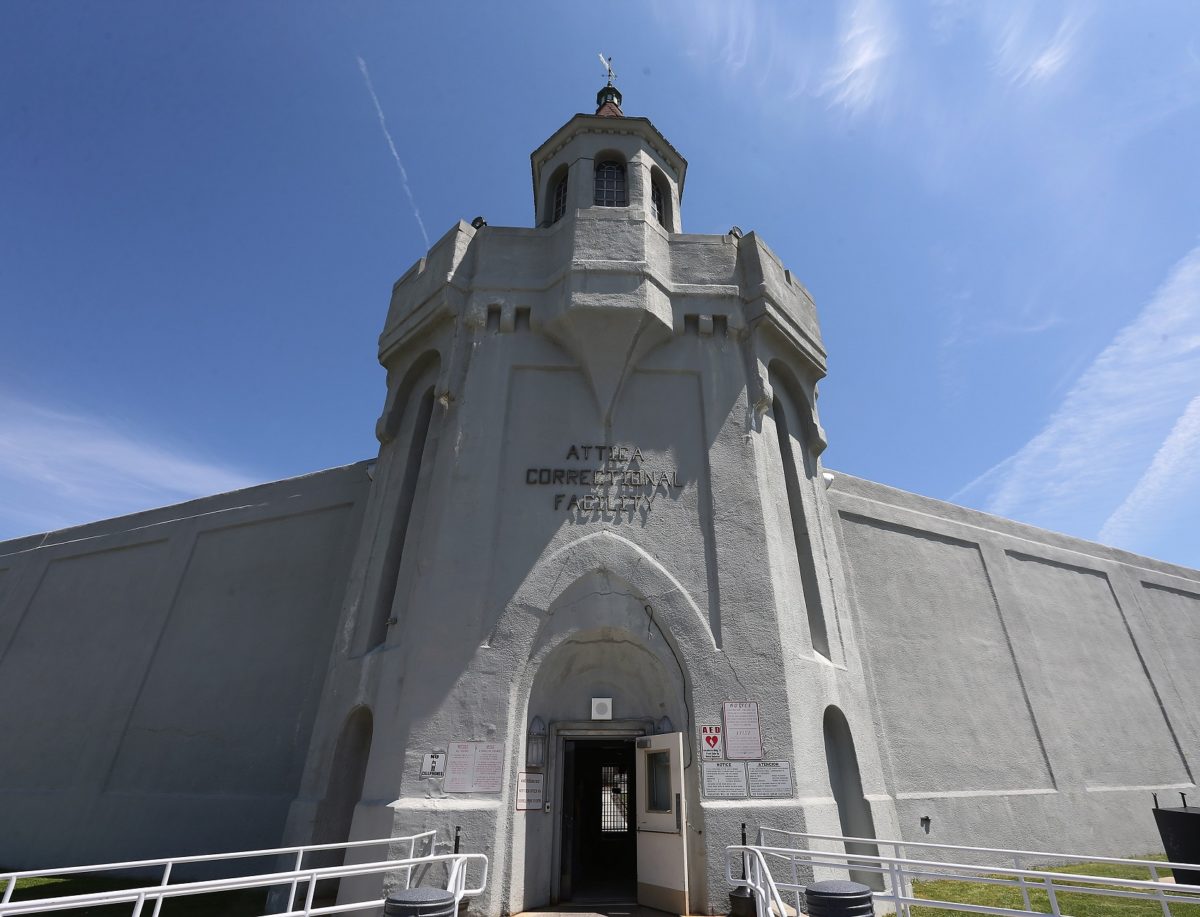
Leaving prison often hinges on completing rehabilitative programming. The pandemic caused many of these required courses to be put on hold.
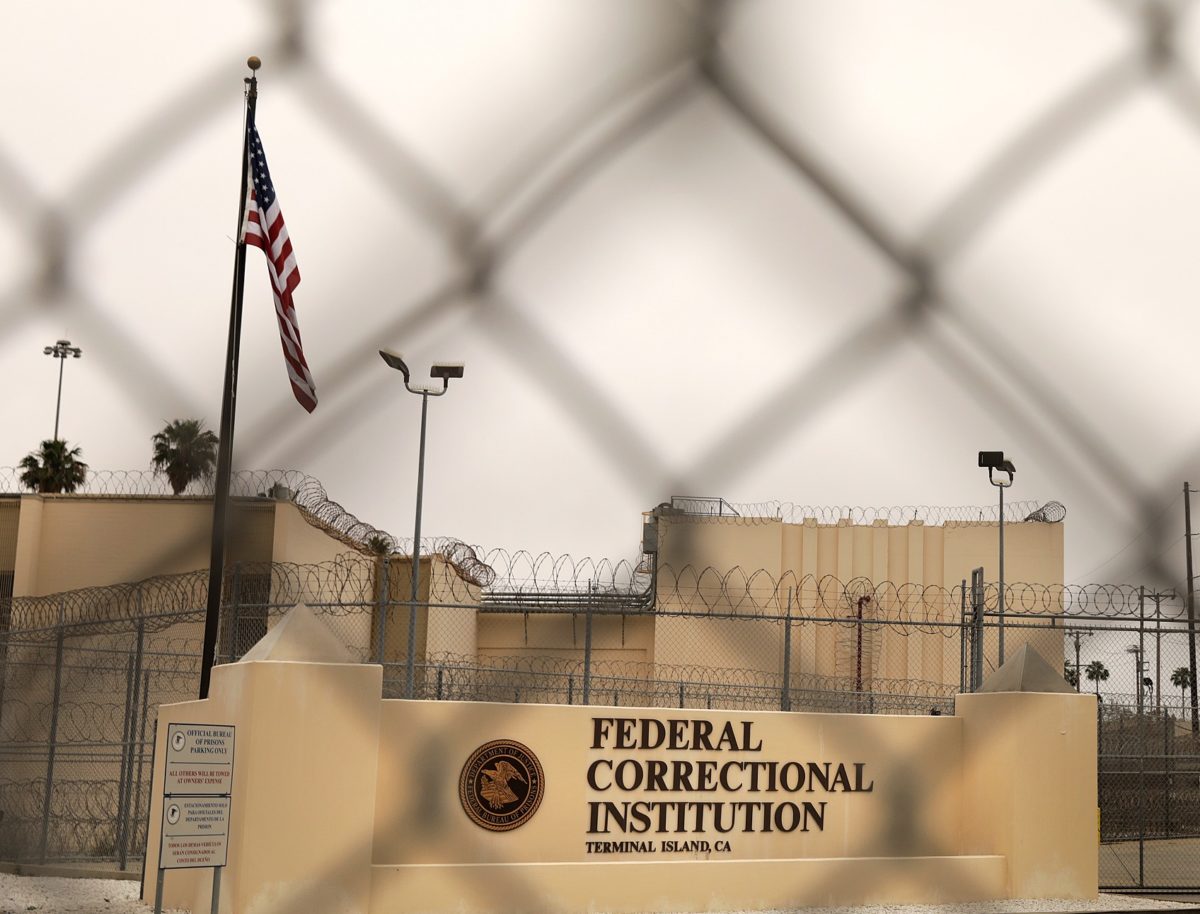
The attorney general could pick a new head of the Federal Bureau of Prisons. That person should have public health experience, formerly incarcerated activists say.
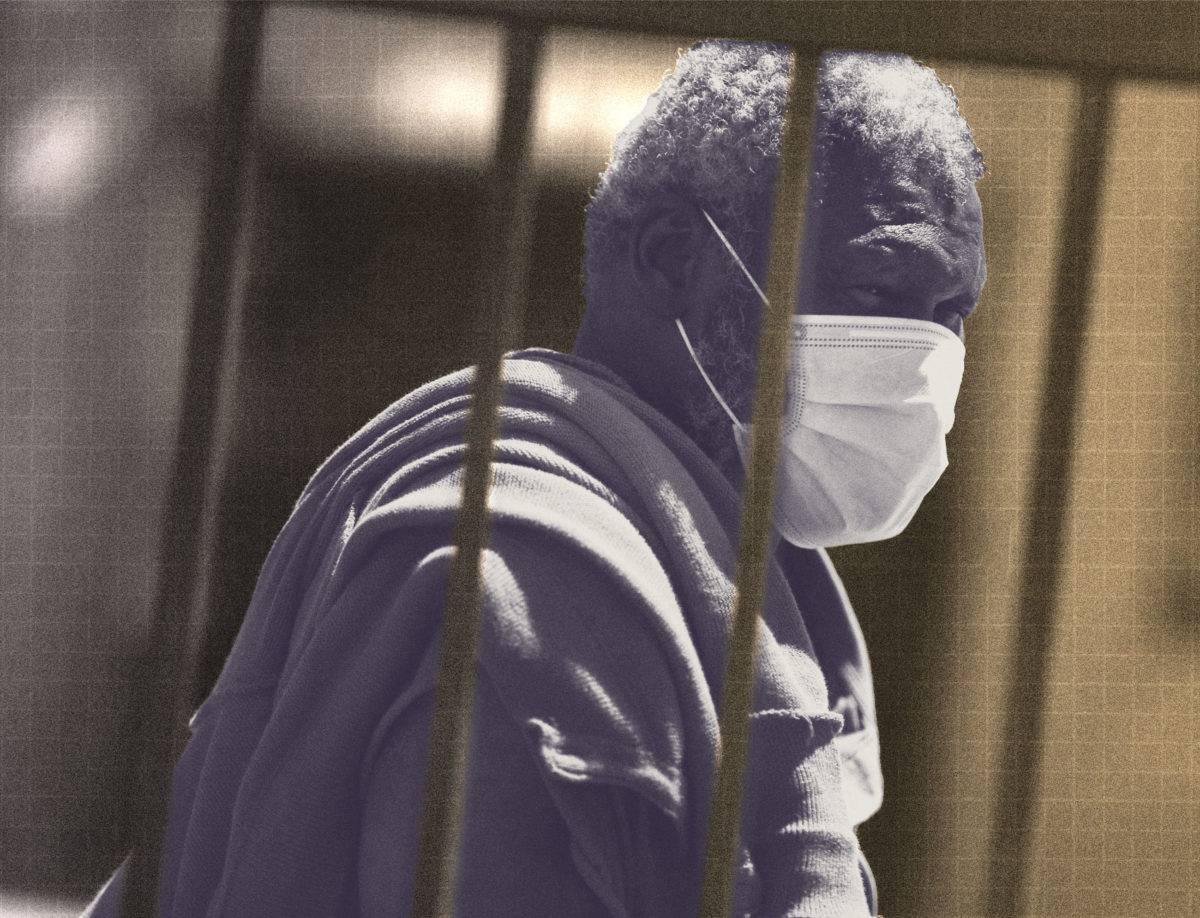
The coronavirus has ripped through our prison and jail populations, infecting and killing hundreds of thousands of people most vulnerable to COVID-19.
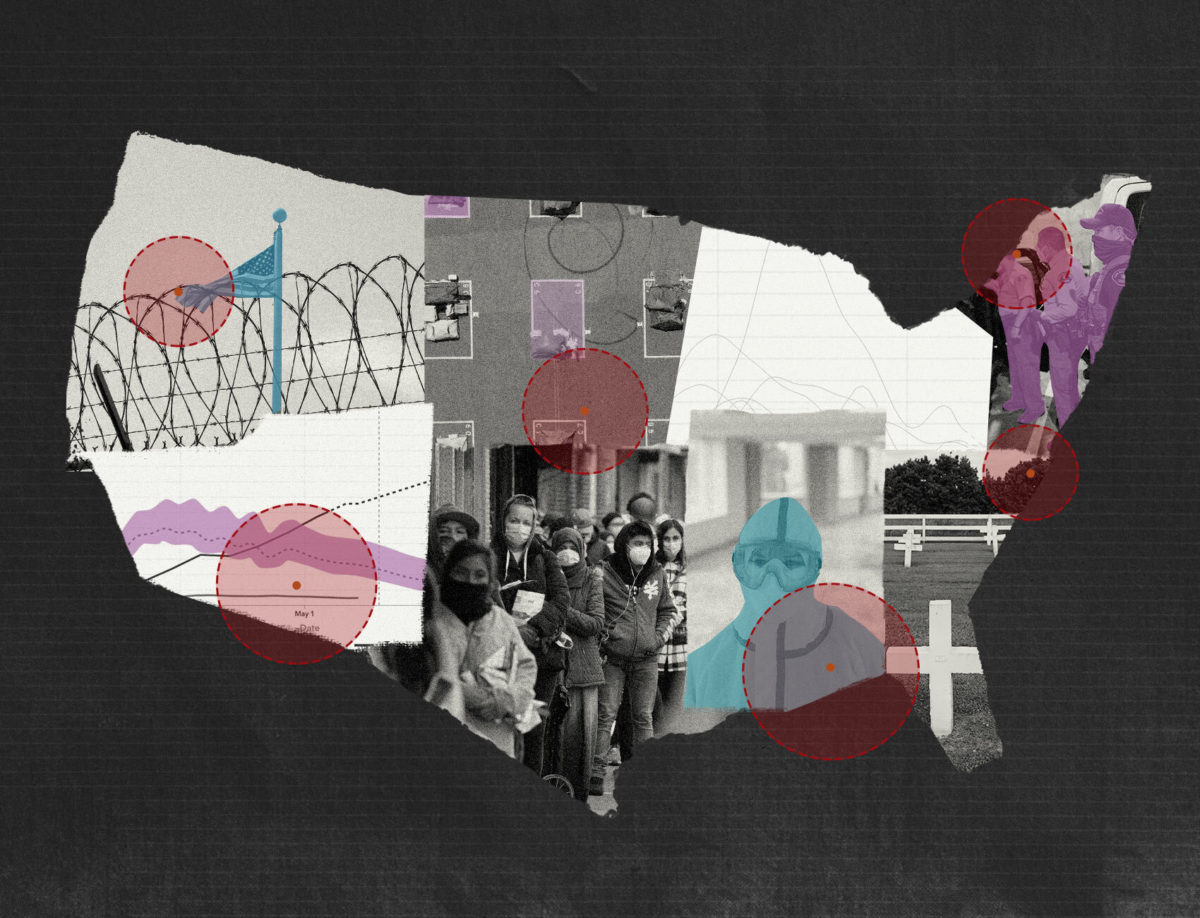
A California appeals court orders San Quentin prison to reduce its population by half, the ACLU’s Death by Incarceration project paints a stark picture of COVID-19’s toll, and a new law grants early release to 3,000 New Jersey prisoners.

How a collaboration between scholars, public health officials, and the Wayne County jail has kept COVID-19 in check; the California prison with the most coronavirus cases kept prisoners working despite the outbreaks; two counties report spikes in infections among juvenile detainees.

A ’freedom fighter’ reports from the San Quentin prisons on Twitter, the Fifth Circuit Court of Appeals reverses a ruling made to protect elderly prisoners, and a class-action lawsuit seeks $400 million from the state of Delaware for ignoring basic COVID-19 precautions.

COVID-19 has exposed a huge gap in knowledge over the rights of hospitalized prisoners, Wisconsin sees a spike in new cases in correctional facilities, and vitamin D might help save the lives of incarcerated people.
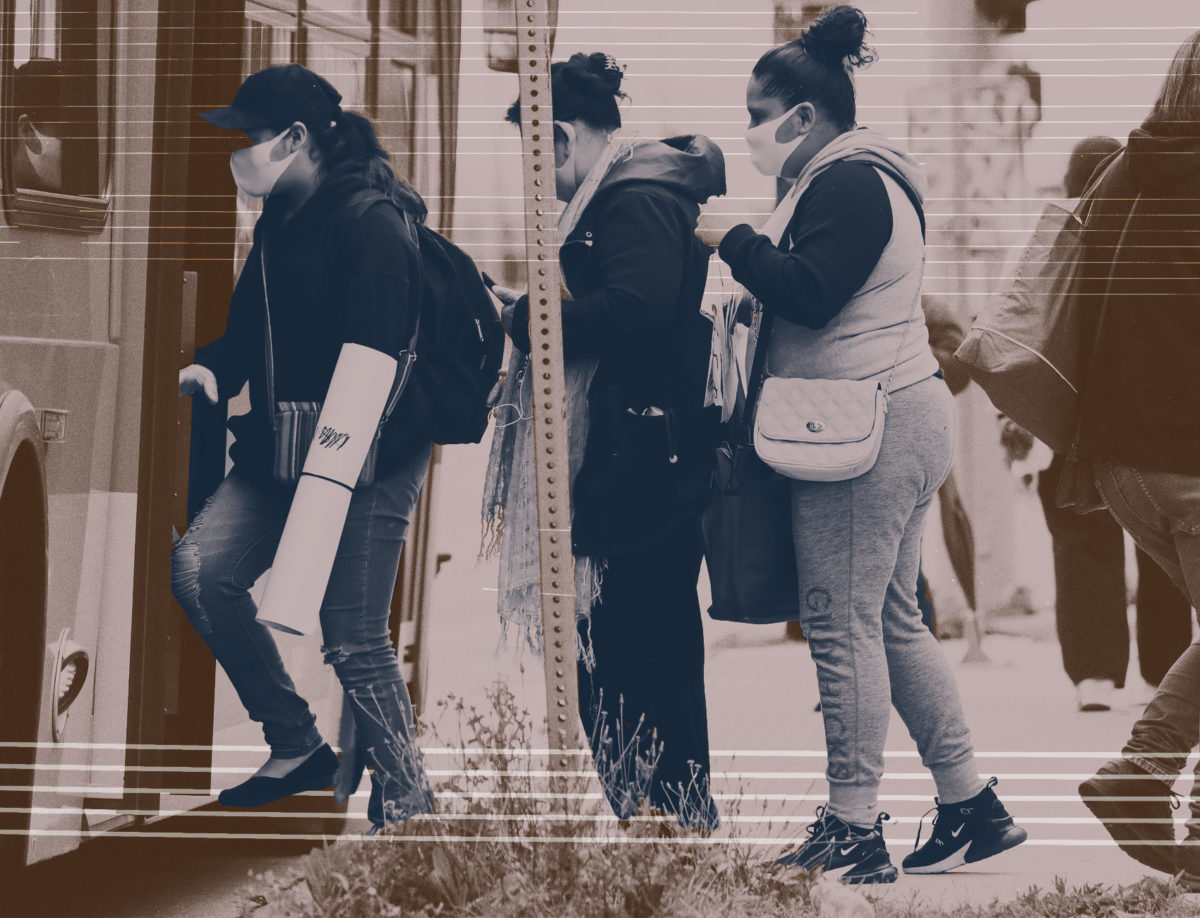
Passing the HEROES Act would provide crucial protections to some of the most vulnerable essential workers, they say.

A ruling by a Texas judge slams officials for deliberate indifference toward vulnerable prisoners; in San Diego, an ill-advised hospital visit led to a massive COVID-19 outbreak; and a new report finds an alarming increase of Latinx and Native American youth in juvenile-detention facilities.

A new report documents pandemic-driven efforts to release people from Chicago’s Cook County jail, how Virginia’s 900-page COVID-19 response plan has failed elderly and ill prisoners and federal prosecutors argue that a life sentence equals a death sentence.

New Jersey is close to enacting a law that would release up to 3,000 people from prison, advocates urge New York legislators to consider early parole for elderly prisoners, and California prisons see a new spike in coronavirus cases.